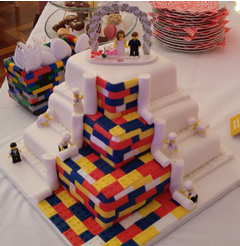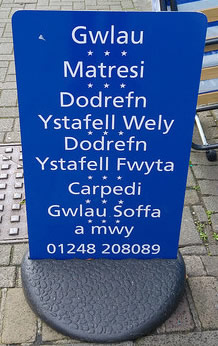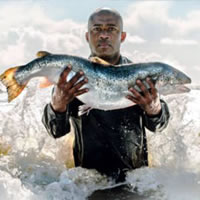This weekend I went to a friend’s wedding near Milton Keynes, and stayed in an AirBnB in Bletchley on Saturday night. In my review of the AirBnB I said that it was “within walking distance” of the centre of Bletchley. After writing this, I started thinking that the phrase walking distance probably means quite different things to different people.
I walk a lot – at least 3 or 4 miles a day, so ‘within walking distance’ to me means up to 4 miles, or further. I walk to get around, to keep fit, and also because I enjoy exploring places on foot.
On Saturday afternoon I decided to walk from Bletchley to Newton Longville, the village where the wedding reception took place. On the map the distance was 3 to 3.5 miles, depending on the route. However, part of the route went through an area where a lot of new houses are being built, and some of the roads and paths were blocked off, and I got a bit lost. After asking for directions I found the right road, and ended up walking 5 or 6 miles in total. I got there in the end and had a wonderful time, and got a lift back with the bride’s granddad.
What does “within walking distance” mean to you?
Or do you use another phrase?
(The photo is the fabulous lego-based wedding cake)



